
Americans watched in disbelief as Hurricane Helene slammed into the Gulf Coast in September. It is hard to fully grasp the magnitude of such a disaster through the distant lens of social media and the evening news. Only those who lived through it know what it was truly like–the devastation, the helplessness, the fear and the unimaginable loss of life and property.
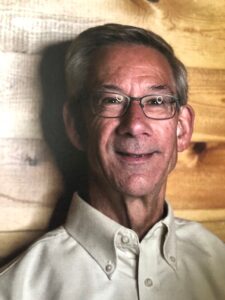
Jack Heinen, an adjunct professor for Davenport University, located in Michigan, and a resident of Black Mountain, North Carolina, knows all too well the destruction that Hurricane Helene left in her wake. What he didn’t expect to learn was the resourcefulness and the kindness of strangers.
Hurricane Helene made landfall in Florida on September 26. The category four hurricane, with heavy rains and 140 mph winds, slapped the coast with a 15-foot storm surge that swept into residences and businesses, tore apart structures and drove boats onshore.
Helene was eventually downgraded to a tropical storm but continued to cause havoc as she moved inland. Strong wind gusts damaged property and blew trees and power lines down from Florida’s Gulf Coast to the North Carolina mountains. Helene’s record rainfall caused rivers to overflow and produced landslides and flash flooding that washed out roads, bridges, and downed power lines. An estimated four million people were left without electricity.
When it was over, Helene killed more than 230 people, with victims spanning six states (Florida, Georgia, North Carolina, South Carolina, Virginia and Tennessee). About half of those deaths occurred in North Carolina, where Heinen lives.
As Heinen recalls, remnants of Hurricane Helene, in the form of heavy rain, were in the forecast for North Carolina, but no one, not even the experts, predicted the devastating flooding that occurred.

There was little to no warning of the raging flood waters that were headed toward Black Mountain, and people there were unprepared and caught completely off-guard. The flood waters developed so quickly and before people knew it, it was too late.
“My wife Mary Ann and I weren’t even home when the storm hit because we were in Boston for a Harvard Business School reunion,” said Heinen. “We knew heavy rain was headed that way and assumed the electricity might go out at our house, which happens frequently in the mountains, but we did not anticipate a major catastrophic storm to hit our community–nobody did!”
Heinen and his wife learned of the storm and subsequent flooding like much of the country, either from friends and family or from watching the news. They were completely unaware of what was happening back home or what their neighbors were going through.
“For a few days, we didn’t know the status of our home or if our neighbors were okay. We made plans to go home as soon as flights resumed, despite our daughter’s concerns for our safety. We just wanted to go home to survey the damage and to offer help wherever it was needed,” said Heinen.
He and his wife were finally able to return home to Black Mountain on October 4, but it wasn’t easy as the single-lane mountain roads were partially covered by fallen trees.
Thankfully, they found their home unscathed, but many of their neighbors and many of those in their community were not so fortunate.
“We saw pictures of the damage on social media and on TV while we were in Boston, but seeing the destruction in person was shocking and left us speechless and wondering if what we saw was even real,” Heinen said. “At some point, I ran out of adjectives to describe the devastation.”
Heinen has heard enough heartbreaking stories from residents of Black Mountain to write a book–stories of homes being swept away, of businesses destroyed, of people being rescued by helicopters from the mud and raging flood waters and of those who did not survive.
He recalls listening in disbelief as a neighbor described how their small stream swelled into a raging river and how they helplessly watched as 20 or more homes floated by.
“The devastation in the Black Mountain area is absolutely heartbreaking,” said Heinen. “We usher at Asheville minor league baseball games in the summer, and one of our colleagues and her husband died along with nine of their family members when a landslide barreled down the mountain from three directions. It’s hard to imagine that kind of loss.”
In the midst of such chaos and destruction, Heinen and his wife find much to be thankful for.
“Our house is okay, and we are okay,” said Heinen. “My wife and I were inconvenienced, but we did not suffer, and we have learned the difference. Going without utilities for several weeks isn’t fun, but we did not experience the suffering of losing a home, all of our possessions or the life of a loved one.”
The Heinens, like many others, were without power for 17 days, without water for three weeks and without potable water for over seven weeks. They had to drive into town to pick up bottled water to drink, shower, do laundry and collect water in five-gallon buckets from the community swimming pool to flush their toilets. Still, they counted their blessings, knowing they were lucky in comparison to others who lost everything.
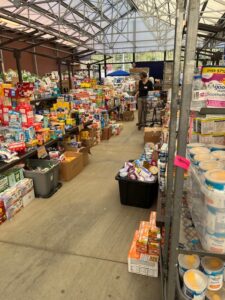 Heinen said he and his wife knew that those in their close-knit community were suffering beyond belief, so they did the only thing they could think of to help- they volunteered. They received, sorted and distributed donated goods, handed out bags of ice, assisted with hot meal preparation at a local restaurant, and anything else that was needed.
Heinen said he and his wife knew that those in their close-knit community were suffering beyond belief, so they did the only thing they could think of to help- they volunteered. They received, sorted and distributed donated goods, handed out bags of ice, assisted with hot meal preparation at a local restaurant, and anything else that was needed.
While he was volunteering and dealing with issues at home, Heinen also had to find time to teach Davenport University students online and perform his other adjunct professor duties. This task was complicated further because his home was without internet for 29 days. His only option was to drive to the one place in town with a temporary internet tower and electricity.
“I created an office of sorts in the parking lot of a Baptist church with a folding table, a chair and my laptop. It wasn’t the most ideal setting, but I made the most of it and was able to grade homework assignments and communicate with students.”
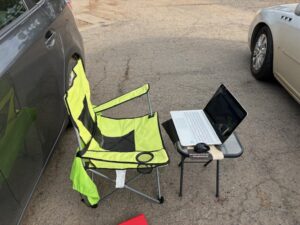
He made the commute to his makeshift office for two weeks until something rather unexpected and remarkable happened.
“I let my students know of my situation via email and asked them to be patient with me as my response time would be slow. I never imagined that a student would offer to help.”
Collin Colegate, a Davenport business and marketing major, was a student in Heinen’s professional ethics class at the time.
When the hurricane hit, Colegate joined his mother in hard-hit Tennessee to provide relief to those impacted by the storm and saw the devastation and despair firsthand. When he returned home to Cincinnati, he saw the message from Heinen and reached out to see how he could help.
“What moved me to help Professor Heinen is that I was raised to help those in need if I’m in a position to do so,” said Colegate. “After emailing Professor Heinen and learning more about his situation, I knew that I wanted to help restore his internet connection if I could.”
Heinen was surprised to find out that one of his students was willing to go out of his way to lend a hand. “Collin and I exchanged several emails, but I remained doubtful that he would actually follow through. I didn’t want to get my hopes up,” said Heinen.
Colegate’s parents remained in Tennessee, helping with the relief effort there, so he had to come up with a game plan on his own.
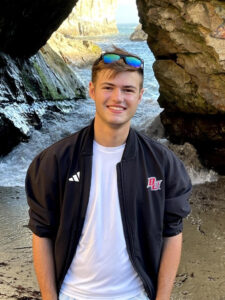
By this time, Professor Heinen had access to a neighbor’s generator, so he had power but still no internet. Colegate decided that a Starlink, which connects to a series of satellites, would be their best bet since it works well in areas with little or no internet.
Next, Colegate had to purchase the Starlink and was willing to use money from his own savings, but fell short of the total cost. That’s when he reached out to Jodi Hicks, director of the First-Generation Initiative for Davenport in Michigan.
“I reached out to Dr. Hicks because she was so welcoming and helpful when I first arrived on campus. She seemed to be in the know, so I was hopeful that she could help me set up a fundraiser,” said Colegate. “Without hesitation, she offered to help me find the funds.”
The next obstacle for Colegate was the largest- logistics. He had the Starlink but had to find a way to get it to Heinen in North Carolina.
“We were originally going to ship the Starlink to Professor Heinen’s house, but delivery services weren’t operating in his area because of impassable roads,” said Colegate. “I wanted to drive the Starlink to Professor Heinen myself, but I’m on Davenport’s Ultimate frisbee team and had a tournament in Indiana, so my mom put me in touch with a former colleague of hers, Stacy Fano, from Charlotte, North Carolina.
Fano was involved in relief work in Asheville, near Black Mountain, and agreed to personally deliver the Starlink to Heinen if we shipped it to her house.
A few days later, Fano met Heinen in a Black Mountain grocery store parking lot to hand over the Starlink and operating instructions.
“Stacey was so humble about it all,” said Heinen. “She drove more than six hours to deliver a Starlink to a complete stranger, and it was like she had dropped off a cup of sugar to a neighbor. She told me she was happy to help and that it took very little effort on her part. Driving 230 miles to help a stranger is little effort? It was beyond amazing.”
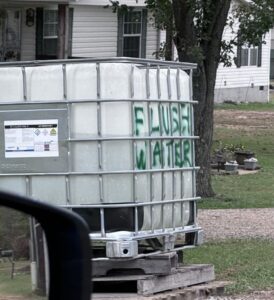
Heinen said he received the Starlink just in time as he had 112 assignments to grade that week.
“Having internet at home again was a game changer because, without it, I would have been grading all of those papers in the church parking lot,” Heinen said. “The whole story still seems unbelievable to me and I tell the story to anyone who will listen. We are surrounded by good people.”
Colegate said he has been taught to seek out opportunities to make a positive impact or to better the lives of others and that even small acts can have a large impact. In hearing this, it’s no surprise that he stepped up to help Heinen the way he did.
But Colegate finds something surprising, and that is everyone’s reaction to his good deed.
“Everyone is making this out to be such a grand gesture when honestly it was such a small kind act, and I actually wish I could have done more,” said Colegate. “I believe that when we work together for a common good, it is amazing what we can accomplish,” Colegate said. “I also believe that we should help others because it is the right thing to do, not because you’re looking for an accolade.”
Heinen said the cleanup effort in Black Mountain continues, but things are improving every day, thanks to the resilience of their tight-knit community and the kindness of strangers.
Click here to view a video of Hurricane Helene’s aftermath in Black Mountain.
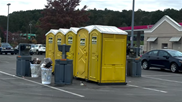
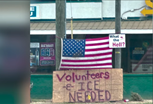
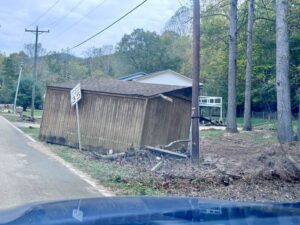






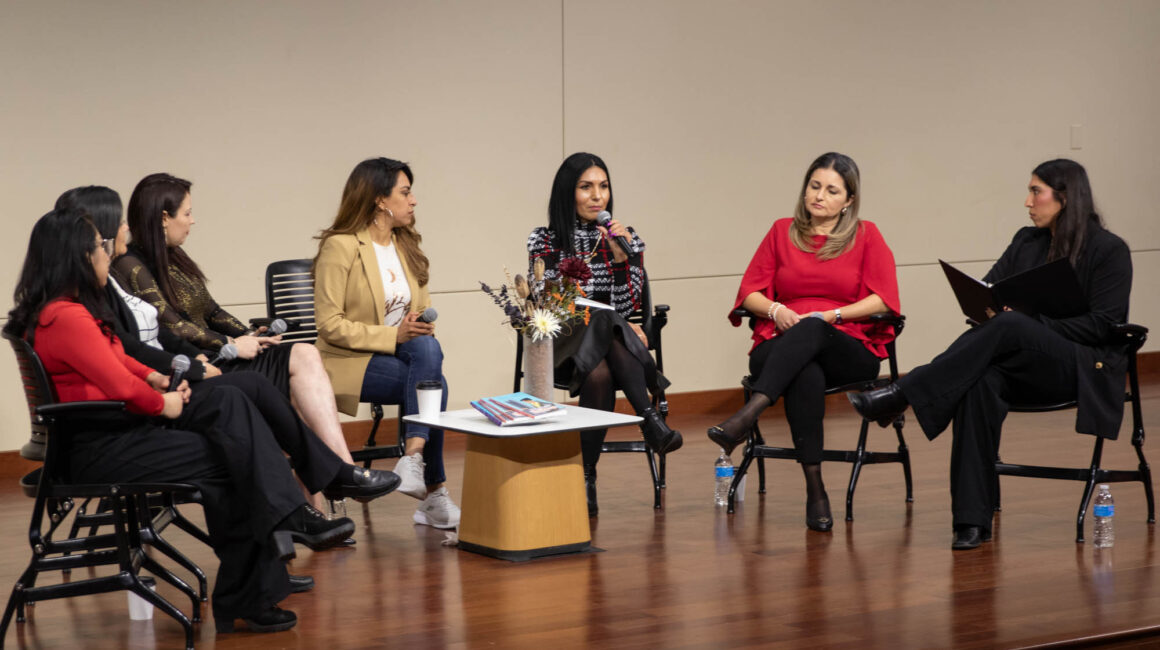
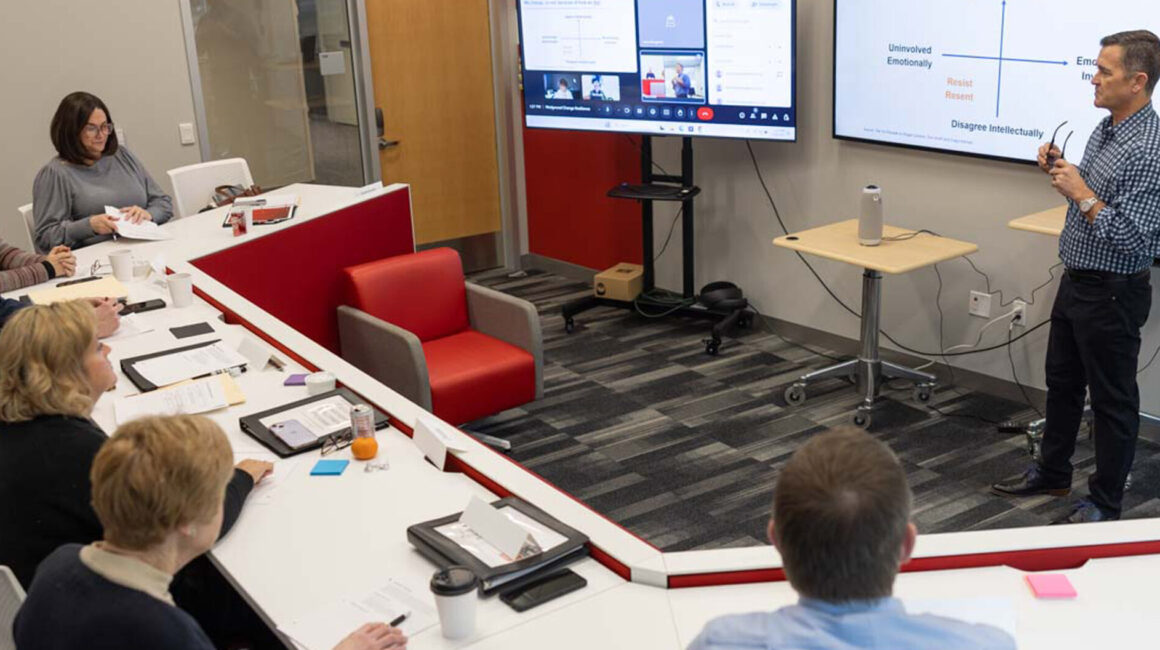
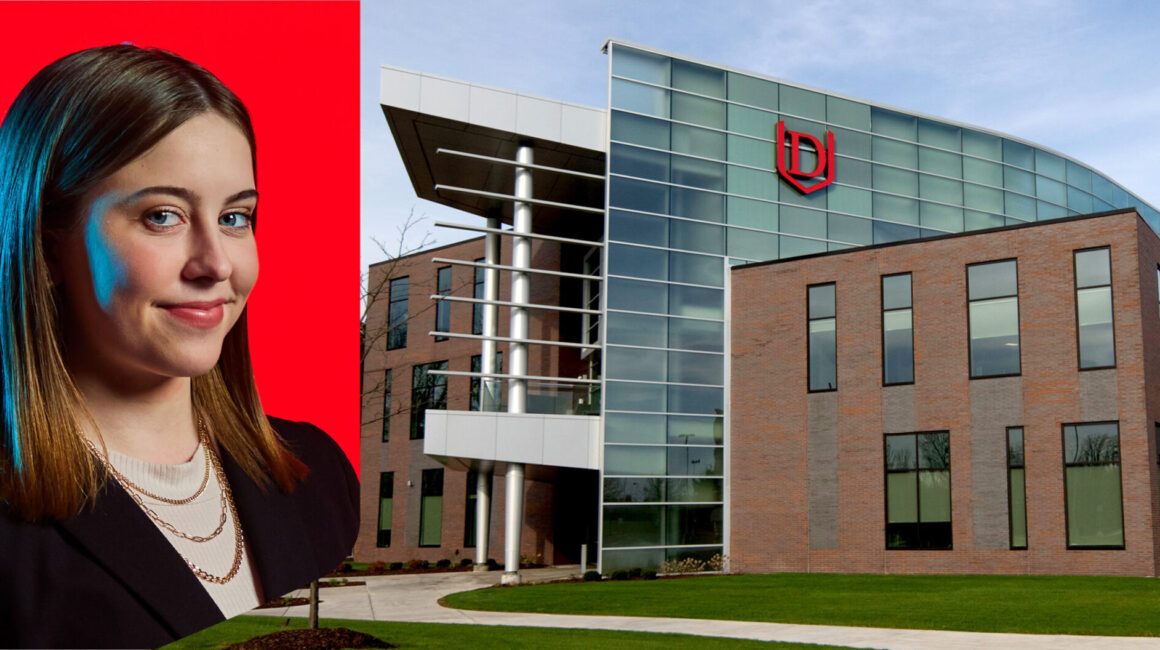
No Responses